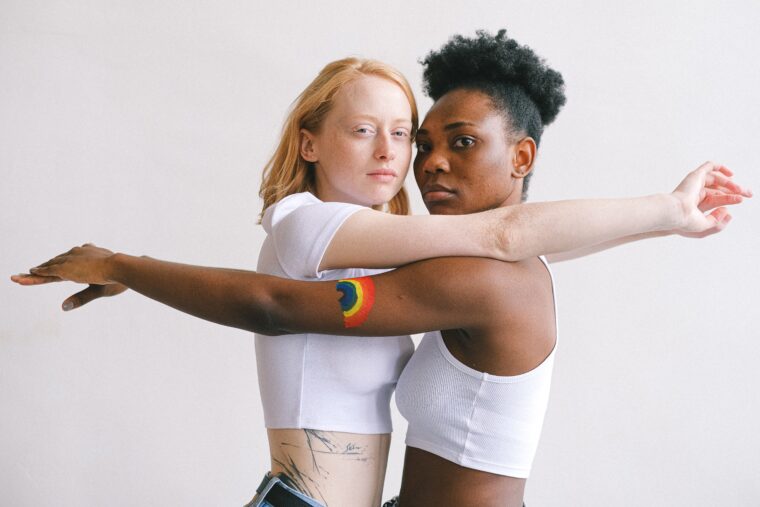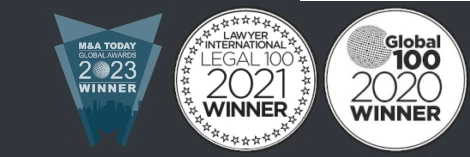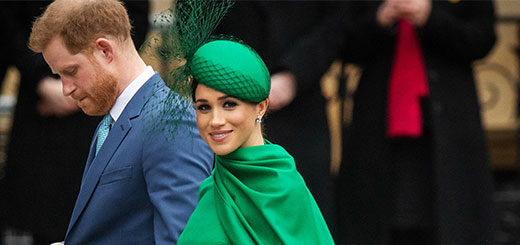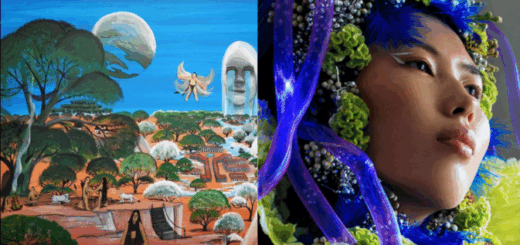A Revolutionary Pride Month
June is Pride Month. It is a time that has come to be marked by parades, drag shows, and an outpouring of glittering celebration for the LGBTQ+ community and their allies. This year, Pride events have moved online as the Coronavirus pandemic continues to interrupt our usual style of public gatherings. There are lots of options for those looking to tune in. On Saturday, Global Pride will stream 24 hours of speeches and performances, featuring a lineup of notable celebrities, activists and politicians. A number of cities, renowned for their parades such as New York and Toronto, are hosting them virtually this week. Dublin Pride, which has held virtual events throughout the month, will culminate their celebration in a virtual parade on Sunday.

Over the years, June has also come to be known for the inevitable participation of brands who rainbow colour their logos and release limited edition Pride merchandise. In recent years, this has prompted conversations about respectability politics and ‘Rainbow Capitalism.’ Many brands have had to learn the hard way than there is a line between expressing support, and commodifying a social movement. In some cases, these branded gestures are cringe-worthy, where in the worst of cases they are downright hypocritical. The most extreme example of this is, of course, Donald Trump’s ‘Make America Great Again Pride Tee’, which is being sold on his campaign website despite his steadfast effort to roll back civil protections for LGBTQ+ Americans during his presidency. Last year’s Pride celebrated the 50th anniversary of the Stonewall Riots in New York City, a pivotal event in the history of the gay liberation movement. It brought the debate about the identity of Pride to the fore as two marches took place in the city: the usual NYC Pride Parade and the more activist ‘Reclaim Pride’ march, whose motto is ‘No Cops, No Corps, No BS.’
Pride is once again forced to confront its roots. Rather than dancing on parade floats, this year, protesters are marching in the streets to demand action against police brutality—trading their colorful flags for signs which read ‘Black Lives Matter’ or carry the names of Black transgender people killed by the police. Hundreds of thousands of people across several US cities last week attended rallies, dressed all in white, to raise awareness about violence against Black transgender people. The Human Rights campaign reports that in 2020 alone at least 16 transgender or gender non-conforming people have been killed by violent means. Black trans people are particularly vulnerable in this respect. Days after the rally, the Trump administration overturned legislation which had protected transgender Americans from healthcare discrimination. Days after that, The US Supreme Court ruled in favor of LGBTQ+ rights, announcing that employment discrimination based on gender identity or sexual orientation was unconstitutional. Amidst this, J.K. Rowling, the iconic writer of the Harry Potter series, took to twitter to again voice her controversial stance on transgender issues, which generated a flurry of debate online. The backdrop to Pride this year has been tumultuous to say the least. However, these events have highlighted the intersection of various social movements and positioned important conversation about their causes in the mainstream.
Let this year serve as a reminder to brands that Pride has always been political. Now is a good opportunity for brands to take stock of their overall strategy for Pride. Selling a rainbow coloured product is not the only way, or always the best way, to support the movement. Use your brand’s platform to champion queer and transgender voices. Collaborate with queer and trans influencers. Represent them in your ad campaigns. As is true for Black Lives Matter and transgender rights, a brand’s commitment to equality should not only be relevant when they are newsworthy. What is your brand doing to support the full spectrum of LGBTQ+ identities within your business all year round? Do they feel included in the community of your brand? Are they valued and respected—and are their rights protected—as your employees? Brands cannot expect to be invited to the Pride party if they are not on board with the revolution.




